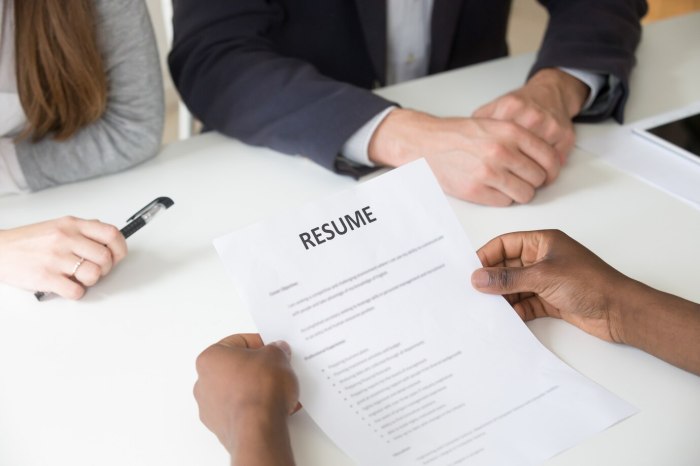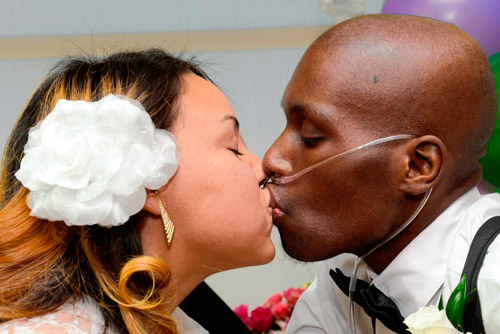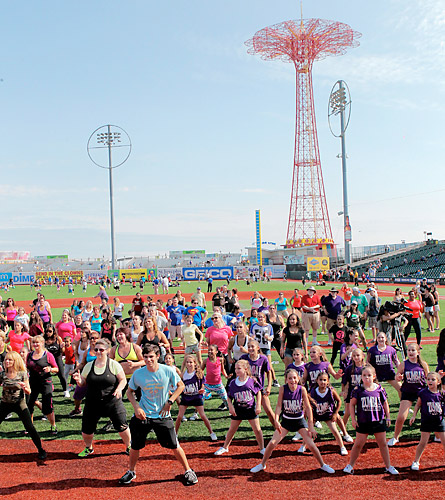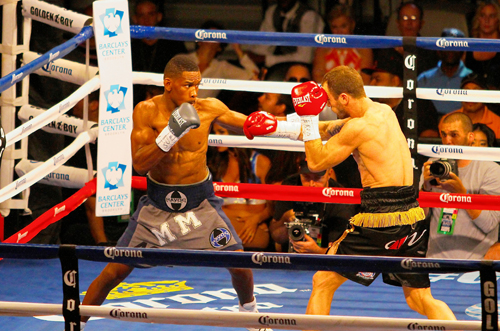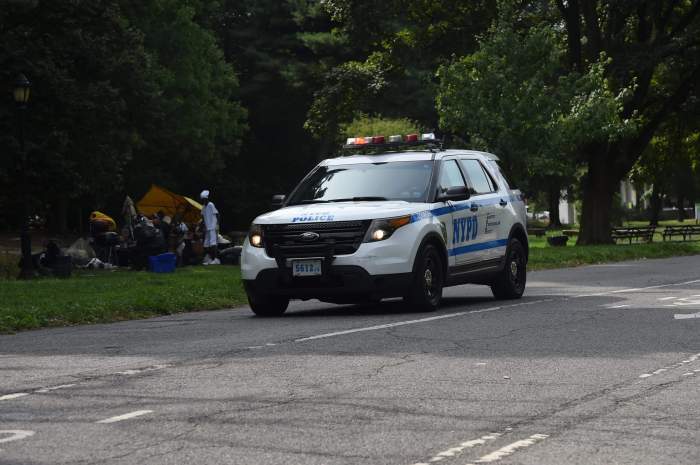Twenty years after 9/11, health risks are as prevalent as ever for first responders and survivors.
For New Yorkers exposed to the toxic air in lower Manhattan in the aftermath of the World Trade Center attacks, 9/11 never ended, says attorney Michael Barasch, who represents thousands of victims.
“Not a day goes by without one of my clients dying,” he said.
In the months after, while first responders worked at Ground Zero, aware of the risks it carried, thousands of office workers returned to lower Manhattan, assured by the government that the air was safe to breathe — a fatal mistake, according to Barasch.
“The air is safe to breathe — that was a lie,” he told Brooklyn Paper. “[The government] wanted to reopen Wall Street, they wanted people to come back to their homes to their schools to their places of work, to show our enemy how resilient we are. As a result, a huge price was paid.”
Now, that price has folded out in the form of over 400,000 non first-responders who have been diagnosed with a respiratory illness traceable to being in lower Manhattan after the attacks.
Many victims have found themselves growing ill over a decade after the attack, like firefighter William Gormley of Engine 310/Ladder 174 in East Flatbush. Gormley spent months working at Ground Zero after the collapse and arrived home safely, only to develop bladder cancer in 2016 and die in 2017 at the age of 53.
His untimely death inspired his daughter Bridget Gormley to dedicate herself to raising awareness about the prevalence of post-9/11 illnesses among first responders and survivors, which she says even she was blind to before her father’s death.
“I was a bit ignorant of the post-9/11 health crises,” she said. “This ignorance really threw me for a loop.”
The Marine Park native recently produced a documentary on the health crisis titled “Dust: The Lingering Legacy of 9/11” and works to spread awareness about post-9/11 illnesses — and the free healthcare that survivors are entitled to through the 9/11 Victim Compensation Fund, which is chronically under-promoted to survivors.
‘Our own government lies to people’
While the coronavirus pandemic poses a health risk to all Americans, particularly the immunocompromised, 9/11 survivors have faced particular peril. With COVID-19 attacking the respiratory system, those with preexisting respiratory conditions are especially vulnerable.
But with a life-saving vaccine widely available, many survivors have opted not to take it, borne out of a distrust in the government that authorized it — the same government that told them it was safe to be in lower Manhattan.
That mistrust pared with the government’s downplaying of the virus in 2019 — with then-President Donald Trump insisting it was an unserious flu that would one day disappear despite knowing this to be untrue — has made many reluctant to take the vaccine, according to Barasch.
“That’s twice in the past twenty years that our government has lied to us,” Barasch said. “So now when the government comes out and says the vaccination is safe — no wonder so many people don’t trust the government.”
By the numbers
While 2,751 people died in the attacks of 9/11, that tragic number will soon be eclipsed by the number of individuals who have since perished from disease linked to their presence at Ground Zero.
According to the non-profit Cancer Center, over 2,000 individuals have already succumb to illnesses attributable to 9/11-related sicknesses.
In a study of first responders that were at Ground Zero, the center found that they were getting cancer at a stunning a 9 percent higher rate when compared with the general public — representing just one type of sickness related to the toxins at the rubble site.
In chastising members of Congress in June 2019, one first responder who had developed cancer — retired NYPD Detective Luis Alvarez — blasted the legislators for underfunding the compensation fund while visibly ailing.
“You made me come down here the day before my 69th round of chemo, and I’m going to make sure that you never forget to take care of the 9/11 first responders,” he said.
Alvarez died a week later.
Additional reporting by Aidan Graham




